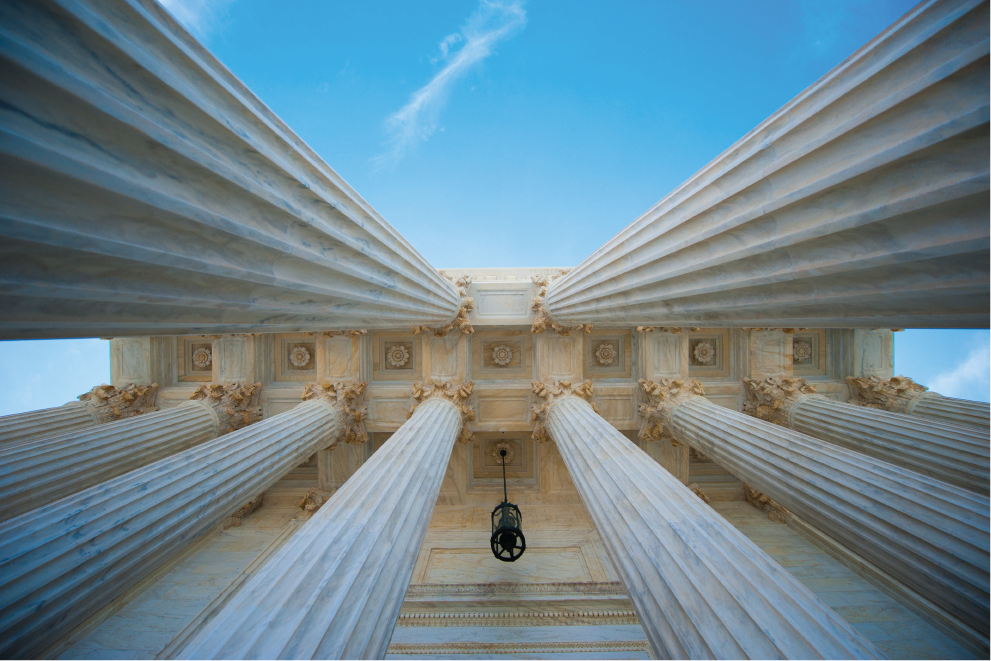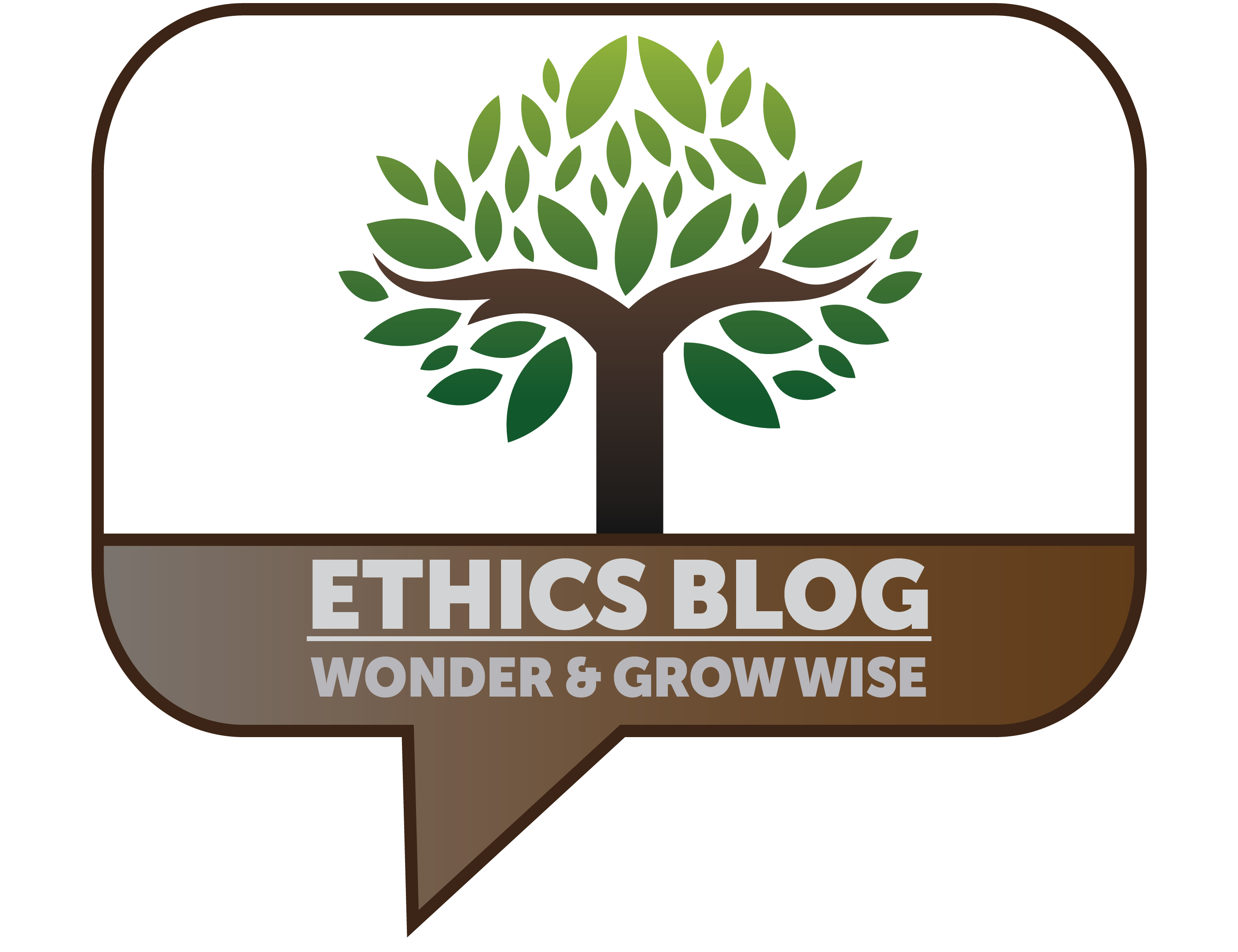
by Corey Ciocchetti | Law & Ethics
Your employer is watching you! Everyone sort of already knows this, right? But you may not know the extent or the reasons why. This short post introduces the topic and (hopefully) nudges you to learn more about your privacy at work. The bottom line is that monitoring is an important business tool to manage risk and ensure productive and safe workplaces. Employers should monitor their workplaces. Problems arise, however, when monitoring practices are excessive and lack transparency. Let’s dive in.

by Corey Ciocchetti | Law & Ethics
On September 4, 1997, three suicide bombers walked into a crowded pedestrian mall in Jerusalem. The explosions – caused by homemade bombs laced with nails – killed five people (including three teenaged girls) and injured hundreds of others in the vicinity. The center of the mall was destroyed, windows were shattered, and chaos ensued. The terrorists left a leaflet at the scene which stated that the militants were from Hamas and that the violence would continue until Israel freed certain political prisoners. Israel responded by closing the entire Gaza Strip and West Bank which prevented Palestinians from entering Israel for any reason. Tensions were high and remain so today. Unfortunately, this was only one tragedy of the many that has exacerbated the broken relationship between these nations.
A group of United States citizens then sued the Islamic Republic of Iran for the injuries and deaths sustained in this awful attack. These plaintiffs were either injured at the scene or family members of people who were injured or killed in Jerusalem that afternoon. They chose to sue Iran under the theory that the Iranian government both (1) financially supported and (2) trained Hamas. Their argument boiled down to: these deaths and injuries happened with the help of the Iranian government and, therefore, the Iranian government should be held liable. We want a legal declaration of that fact and money to compensate us for our losses. These arguments bumped up against the immunity that the United States grants to the Republic of Iran and Iranian property located in our country. This was going to be a heated legal battle. Read more to see how the story ends.

by Corey Ciocchetti | Law & Ethics
Here we go with our first Supreme Court case on the ethics blog. This one is extraordinary. It’s got a makeshift strip club in a living room, a bachelor party without a bachelor present, intoxicated strangers running from the cops in the middle of the night, twenty-one arrests for unlawful entry and disorderly conduct, a protagonist named Peaches or Tasty (it’s unclear), and some understandably angry neighbors. If you like wild parties and their aftermath – or you’re just in college wishing you were there – this case has it all.
My hope is that you begin to see how these cases have real impact on the lives of ordinary Americans. They tell the police when they can arrest people and how to do it right. They tell citizens when their Constitutional rights have been violated. They balance over-aggressive policing with the need to let the police work without the constant threat of being sued. And they show that, with a little thinking, you can understand what the Supreme Court does and why. I will strive to make the complicated simple. This is the story of The District of Columbia. v. Wesby. Let’s jump in.

by Corey Ciocchetti | Law & Ethics
In the coming weeks, we will cover this cool stuff on the topic of law, politics, policy & ethics:
Religion v. Speech – how far can a person’s religious principles interfere with the rights of customers / employees
Privacy @ Work – should your boss be able to monitor you? If so, how intrusively?
Mascots & The Law – the legal & ethical issues surrounding businesses’ controversial mascots
Our Raging Society – how to bring courtesy back into political debates





